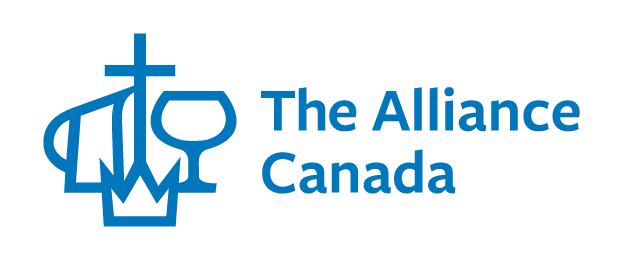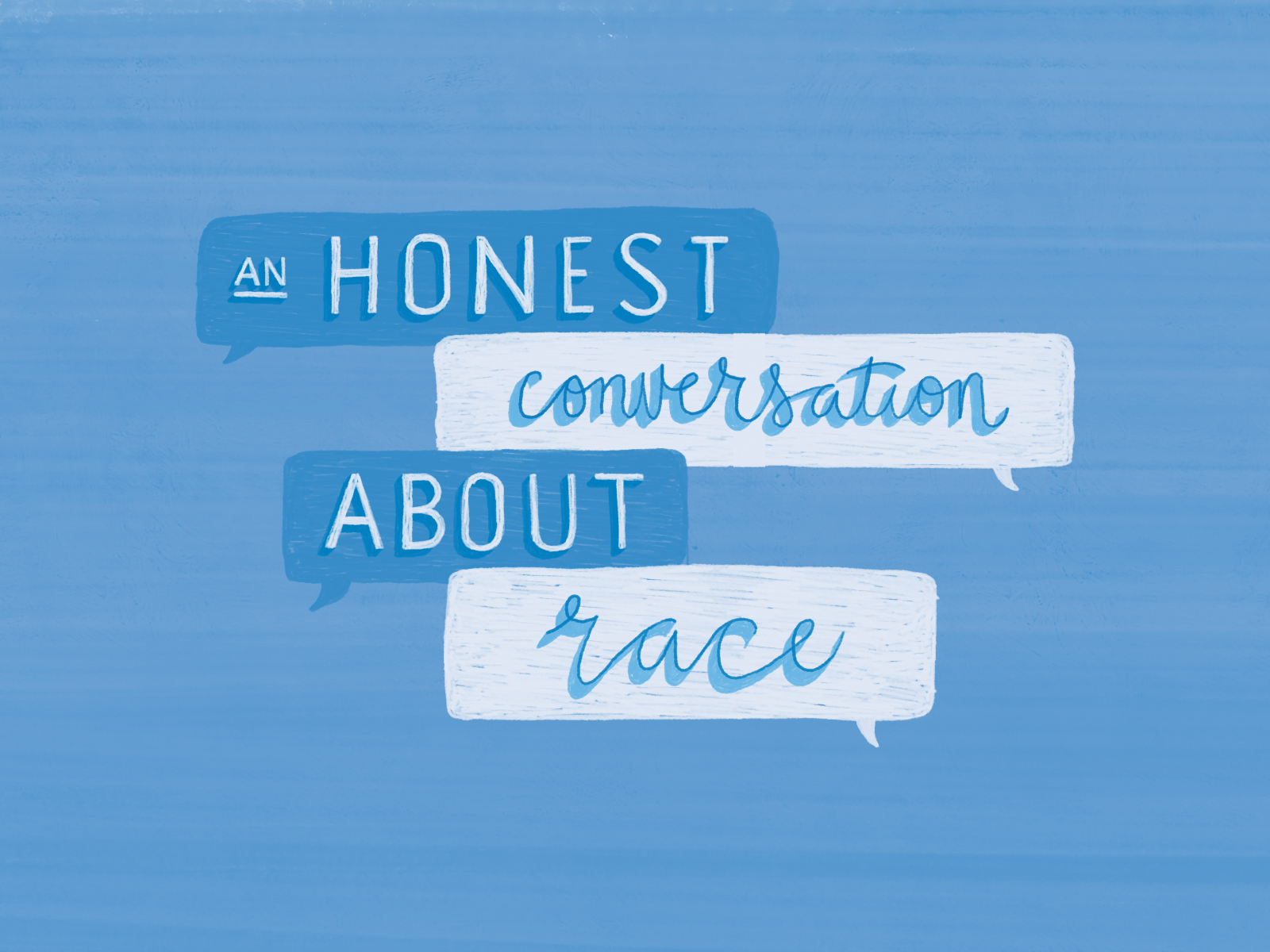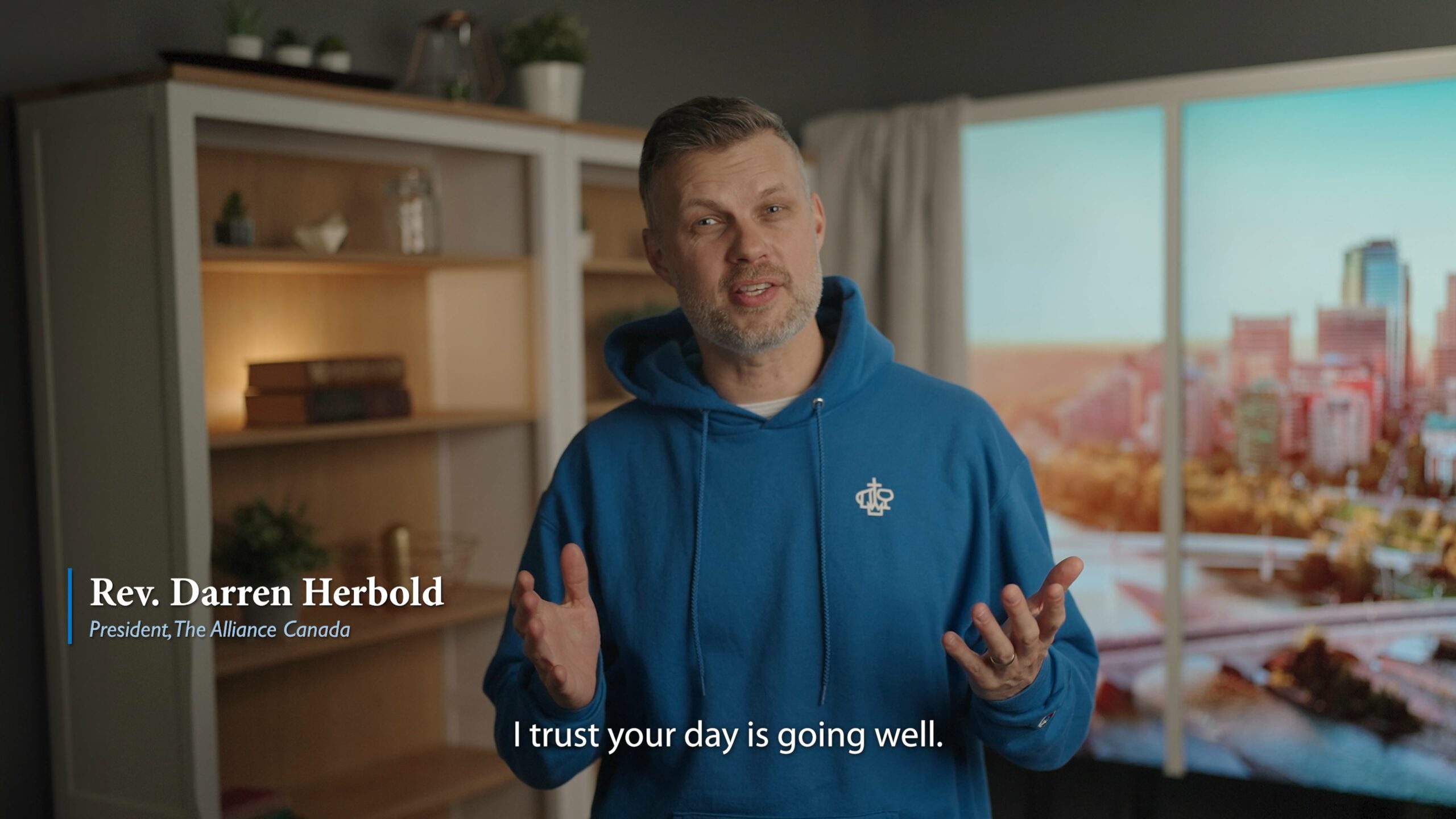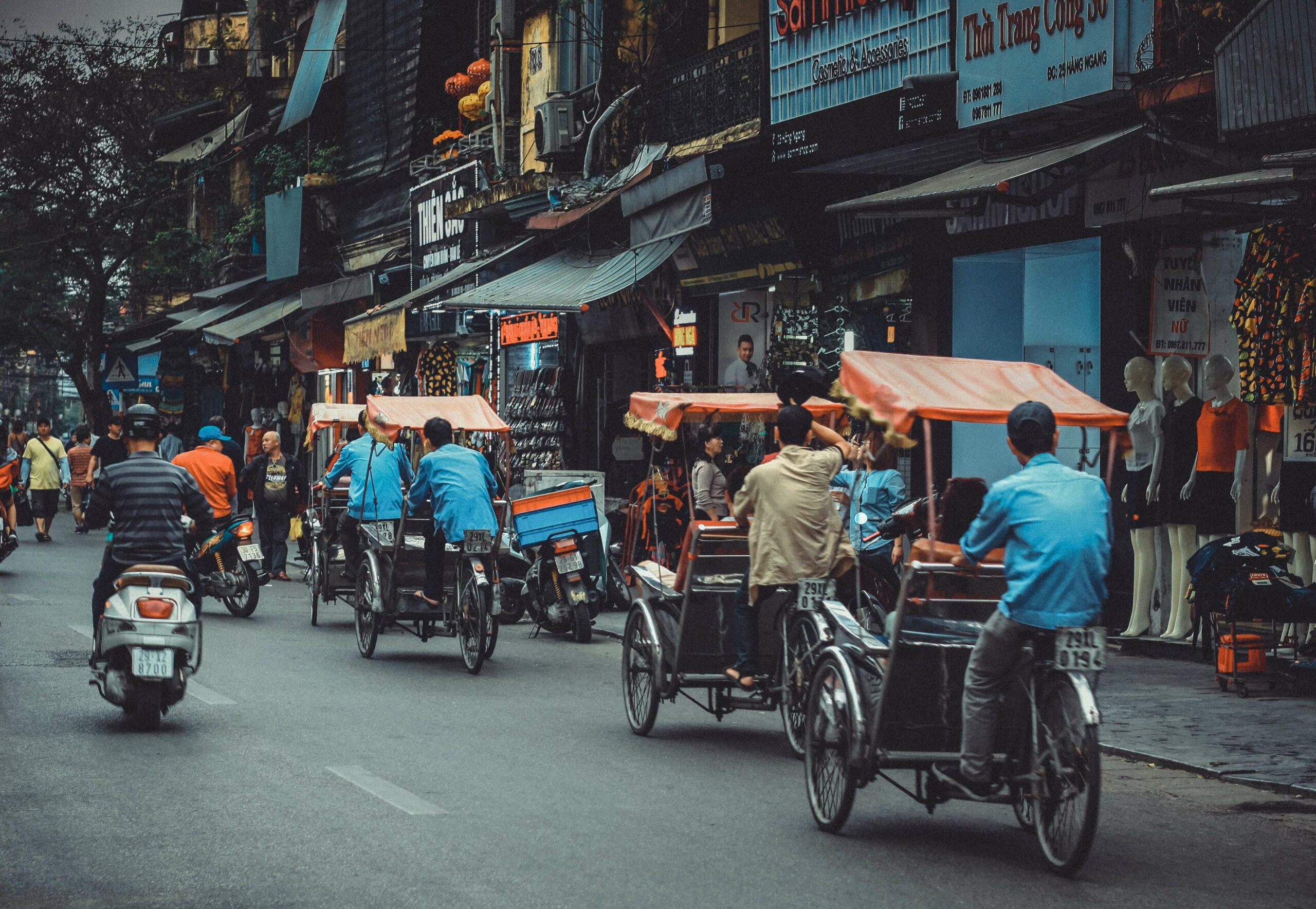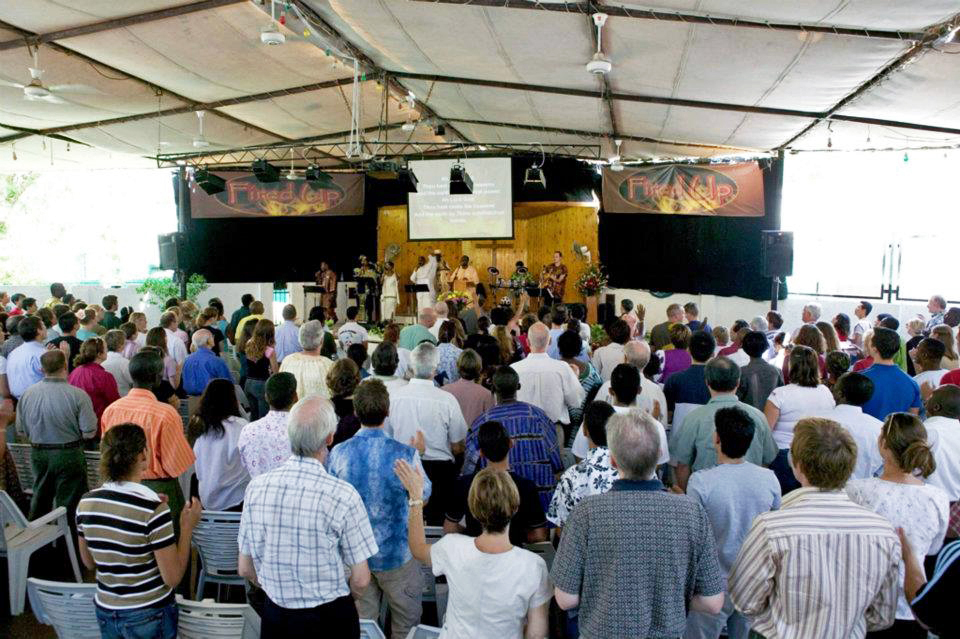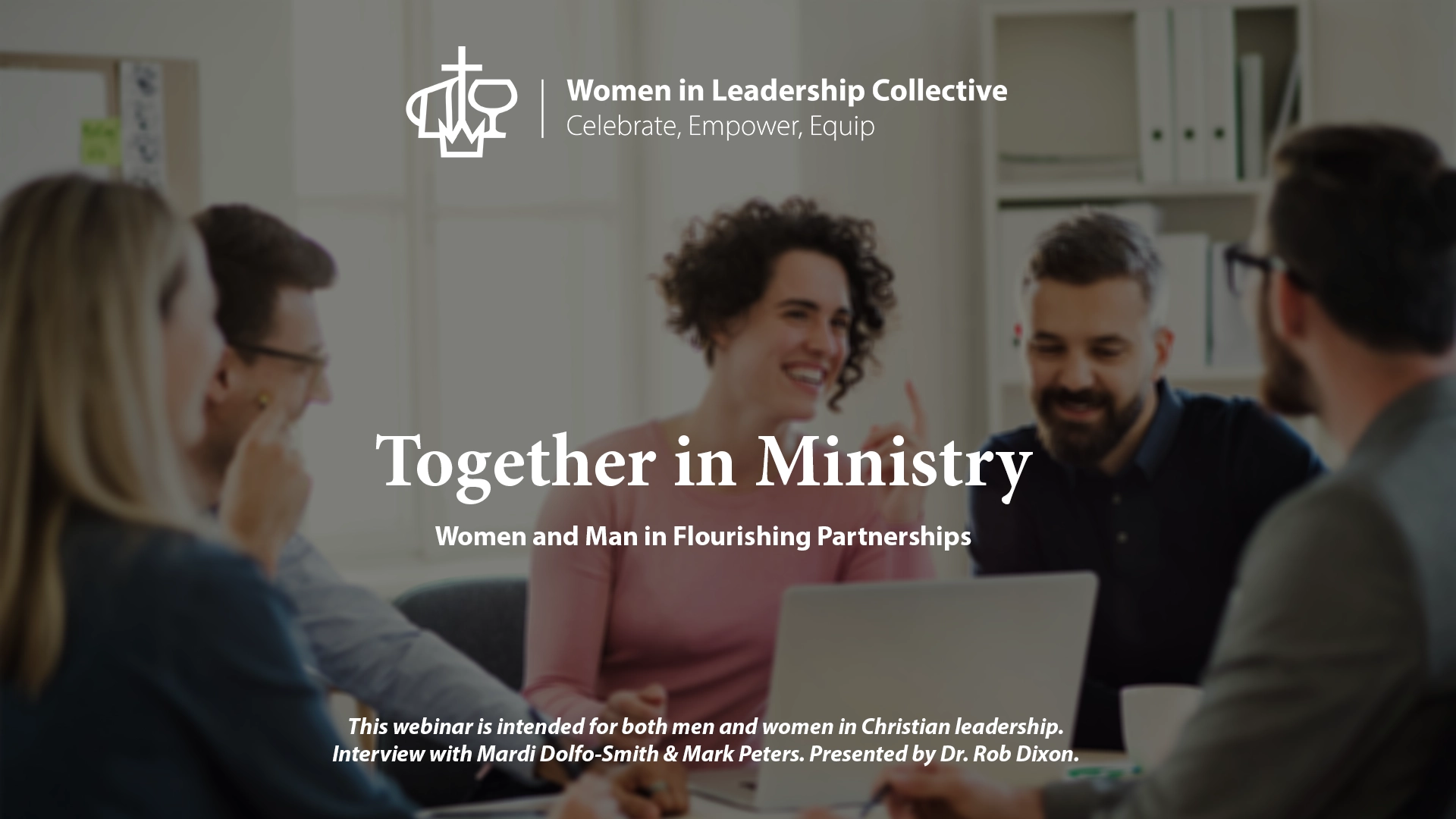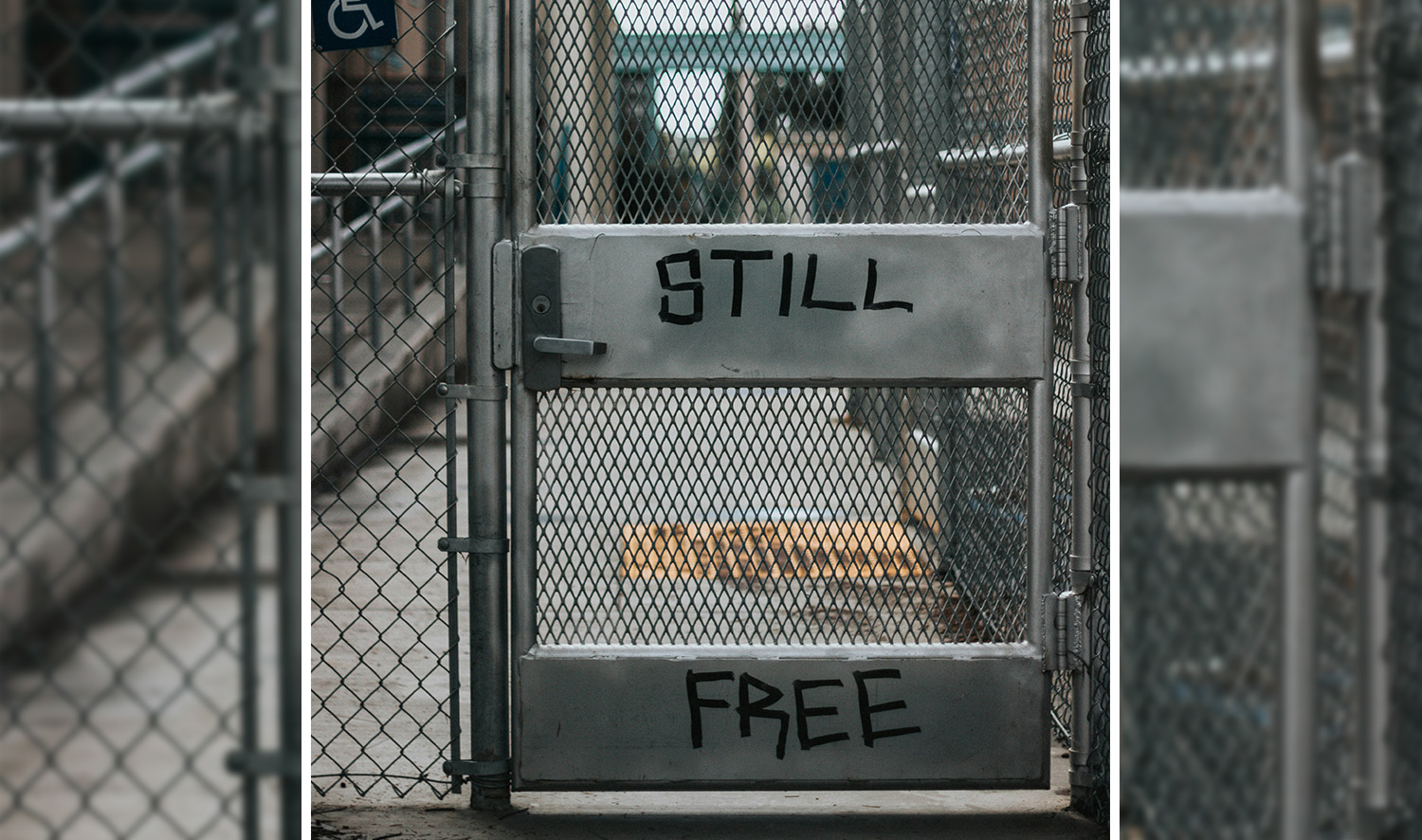Meet the speakers
Dan is a Team Leader for Global Ministries.
Ryan Graham is a Vice President of the Alliance, leading Nurture and Development.
RYAN: We’re both men in our forties who were pastors and have studied in Alliance schools and seminaries. You’re a leader internationally and now I am a part of our national leadership team. We have seen a wide breadth of the Alliance in Canada.
My family is Dutch and English immigrants.
DAN: I am the son of a Malaysian-Chinese father and a Malaysian-Chinese-Portuguese mother. For a long time, I’ve only said “I’m Canadian” because there is pain behind that history. My parents left Malaysia because of discrimination.
RYAN: As race becomes a rising issue, and we are two leaders with different experiences, let’s talk about race in the Alliance. As these conversations emerge to the front, what hopes have surfaced for you?
DAN: When I first came to Canada, somebody pushed me into a locker and said, “Go back to where you came from you [racial slur].” You never forget interactions like that. It becomes ingrained in you.
Some people take comfort in the power that resentment gives us. I need to deal with my pain before I can talk with others about hope because I’ll carry that pain into the conversations moving forward.
My hope, as an Alliance family, would be that we can address the elephant in the room, which is that many people have experienced systemic racial discrimination in our denomination.
Systemic isn’t intentional—it’s a mindset that inherently recognizes people of a certain status while it unintentionally dis-invites people of colour into the conversations. It’s been there for so long that it’s part of the underlying psyche of how people do things.
Let’s tackle this together without anger, resentment, the blame game, which is really difficult for leaders of colour.
RYAN: What are the questions that people might be afraid to ask a white, denominational leader?
DAN: What do you feel or think when you hear the term white privilege?
RYAN: Years ago, when I first was introduced to the term, and told that I had it, I was defensive. I’ve had to pay my dues and work hard to get to where I am. However, I realized over the years that I’ve had doors opened for me that I didn’t have to open. On many levels, my leadership ability was never questioned because of my ethnicity. The longer I lead, the more I become aware of that reality.
In the Canadian context, we’re a diverse multicultural society but there is still majority culture here. If you look at the boards or senior leadership in most organizations, it’s a mono-cultural space; those spaces are not as diverse as our society. If you open any major newspaper and turn to the section where announcements to boards and leaderships are made, the people being appointed as VPs, CEOs, and board members are predominantly white. That is white privilege.
For you, have you felt hindered in your ability to move forward by white privilege?
DAN: I haven’t been overtly told I can’t lead because of my ethnicity—we don’t do that in Canada, we’re too nice. However, I feel there is a clear line of demarcation inside our denomination with levels of leadership. My perception is that there is a racial ceiling on leaders of colour within the Alliance when it comes to senior leadership. Anecdotally, our regional leaders and national leaders are almost entirely white. We talk about being a movement of people from the nations, going to the nations, but 77% of our workers are white. Our constituency is more diverse than our leadership and workers represent.
I don’t feel overtly hindered but I don’t feel invited into the inside either. When you talked about doors opening to you because of your skin colour, the doors don’t open for me unless I start knocking or kicking them down.
RYAN: We’ve been talking about leadership being a diverse mosaic, but it hasn’t happened yet. We’re trying to change and be intentional—but not for tokenism. It still hasn’t happened, but not for lack of trying. There’s a problem here.
DAN: There might be different factors involved in the conversation, however, decision-makers do not look like the people that we profess to lead across the board. There are different reasons for that, but this does not excuse or abdicate us from the responsibility and privilege of integration. I lead a team of people from different nations, and it is much harder to make decisions and lead with people from different backgrounds, but none of us regret being at the table together.
RYAN: What are some things we need to be cautious of as we address systemic issues?
DAN: Let’s avoid playing the blame game and us vs. them language. I think language, terms, and posture play a crucial role as we tackle this. Those of us who feel that we’ve been victims—or perceived victims—we have played a part in giving up our identities or not speaking up for others. Even though I’ve been negatively affected, I’ve played a part in the systemic issues.
I want to be careful to not make these conversations a token, three-month exercise. It’s going to be hard, there’s going to be pain, tears, repentance, and restoration. Something that took generations to come to fruition, that is entrenched with deep roots, isn’t going to disappear in three months.
RYAN: As you are talking, I have people in mind who are moving into higher leadership positions, who are people of diversity, and there will be pain and hurt as they step into these places of leadership.
In the Canadian context, we are not all the same. Canada is regionally diverse: we can’t all take the same approach or assume we’re in the same situation. As people of diversity move into leadership positions, there needs to be a willingness and grace in understanding that breaking down barriers comes with hardship.
When it’s all said and done, we’re all image bearers of God. But majority culture often uses that to say we’re all the same and expects other cultures to conform. When somebody forgets that every single human bears the image of God, that’s a source of racism.
As a lead pastor, I was not thinking about how our expressions of church were not inviting to people of other cultural backgrounds. I was imposing majority culture on them and not creating opportunities for their culture to be expressed and experienced inside the church.
Looking to the future, I’m excited that a lot of young leaders of ethnic diversity are thinking differently. They may not feel the same limits that you or I do. Some of these problems will be solved as people like me step aside and open the door for them to be in the room and have a seat at the table. It’s not solved quickly.
DAN: Development takes time. Some of this is about reconditioning ourselves to look for talent and gifts outside of the traditional places we used to look. They are there but it’s about refocusing and reshaping our sight for gifts we haven’t valued.
RYAN: Anything else we should talk about?
DAN: Some of the things we leave behind, for those of us who are leaders of colour, is the anger, resentment, and thought patterns. Some of it is perception, and some of it is not real, and some of us have conversations in our head and we can’t see new things happening. We hold on to the resentment because it gives us an excuse to not engage.
For my brothers and sisters who have benefited because of their skin colour, there is a sense of security, entitlement, and self-preservation that kicks in as we begin these conversations. Be aware that it is going to be there. You may have to lay it down.
I have to lay down my own discomfort and self-preservation as we talk about this. I have a temptation to want to stay silent.
RYAN: There is a lot of fear in owning what we have, even unknowingly, participated in or perpetuated. The moment when you take the mask off, you want people to think you’ve been a great leader, but people who are white that have been in positions of leadership and haven’t been intentional or owned their part—there will be shame that they might not want to own or deal with. It’s a vulnerable place, but we have to move to ownership and repentance.
There are leaders who are older than us who may need to come to the place to say “I’m not the right person to be having this conversation. I might need to recuse myself and put somebody into leadership to lead me in this place.”
DAN: The people that have been a part of systemic racism can’t be the ones who implement change on their own—they need more voices at the table—because there is inherent bias that has been rooted so deeply. The greatest gift they can give to the next generation is the humility and posture to privilege others to carry the burden. It takes a lot of courage to empower others.
Share:
The Alliance Canada
Support the mission
The Global Advance Fund (GAF) is a pooled fund that supports our workers in Canada and around the world to share the Gospel with people who haven't yet heard the name of Jesus. Your continued generosity equips and sustains our workers and their ministry.
